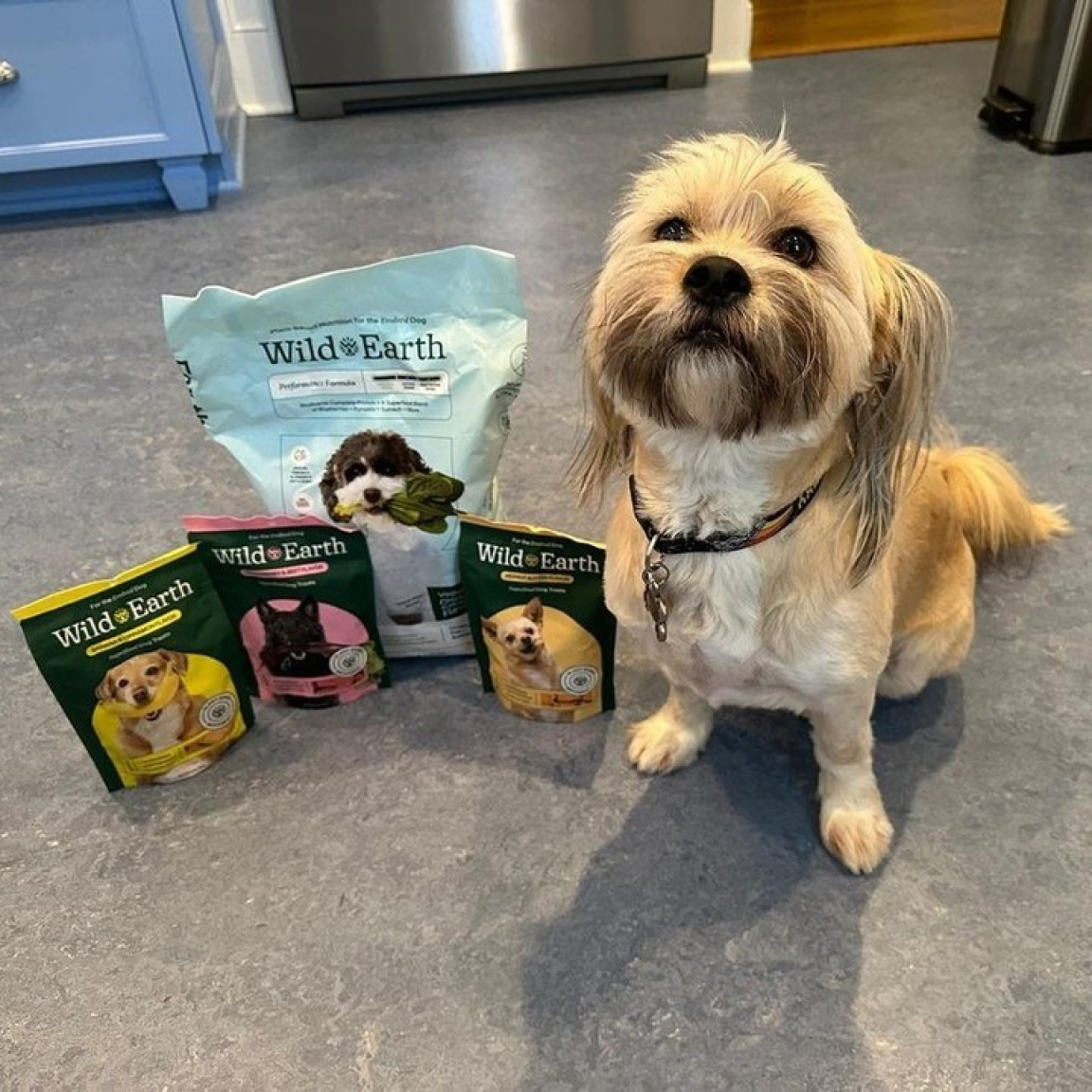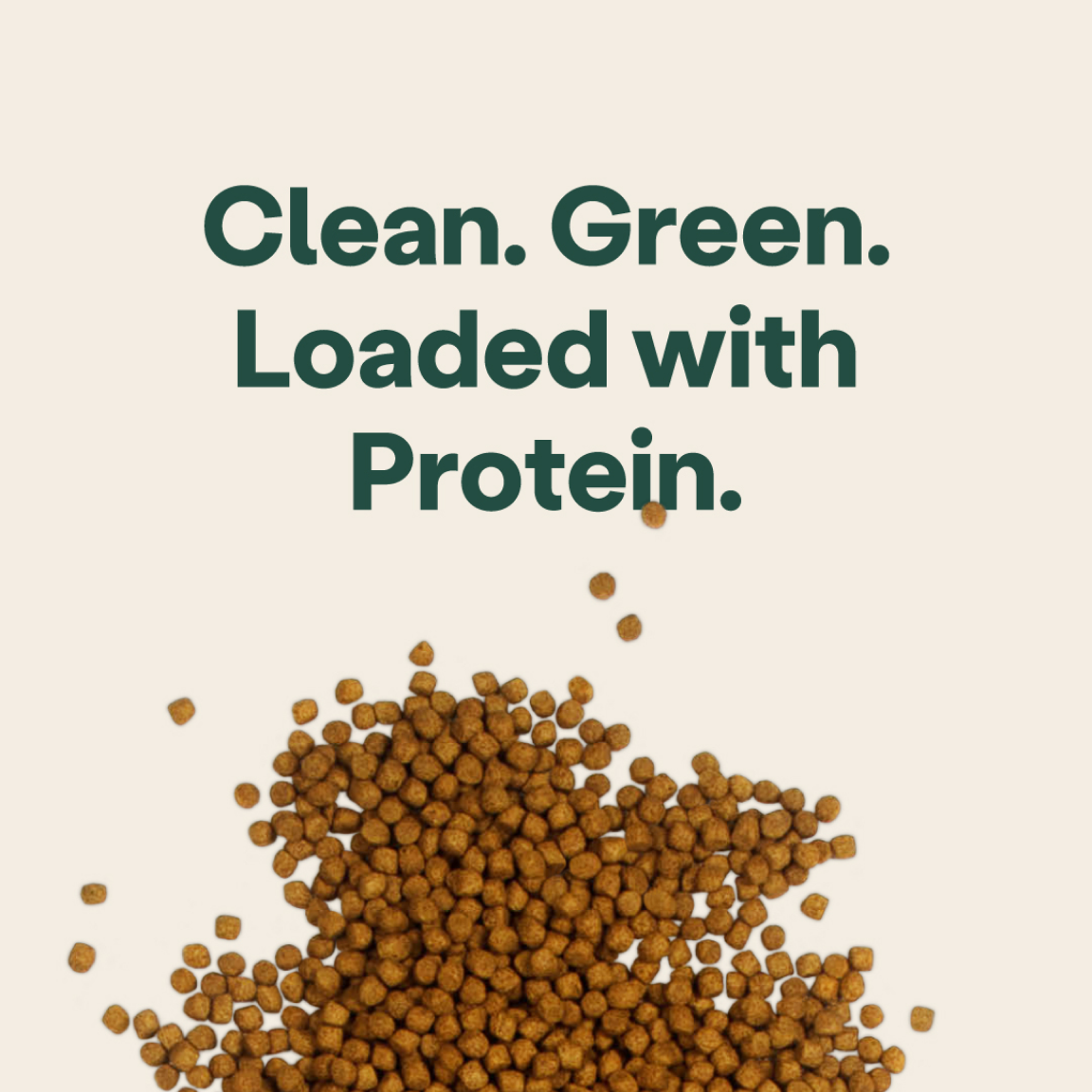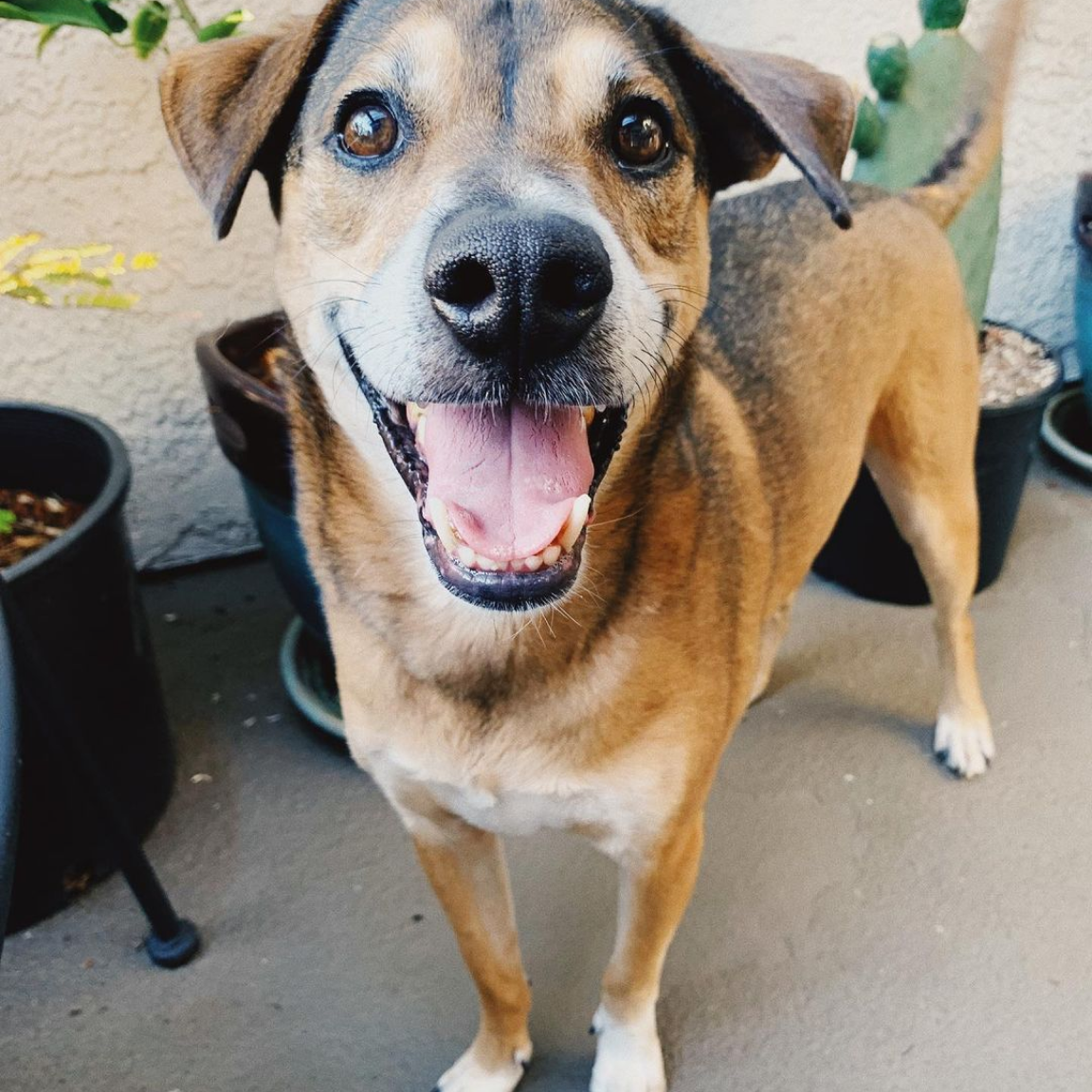
Why Is My Dog Throwing Up Undigested Food? A Guide to Regurgitation
Information from: Tiffany Ruiz Dasilva, VMD, cVMA | Professional Services Veterinarian, Wild Earth
Key Takeaways
-
Regurgitation vs. Vomiting: Regurgitation is a passive process where undigested food comes up without warning, while vomiting is active and involves stomach contractions.
-
Common Causes: Dogs may regurgitate due to eating too fast, food allergies, gastrointestinal issues, stress, organ disease, or pancreatitis.
-
When to See a Vet: Seek veterinary care if regurgitation is frequent, persistent, or accompanied by lethargy, fever, diarrhea, or weight loss.
-
Prevention Tips: Feed smaller meals, use elevated food bowls, keep your dog upright after eating, and prevent access to small objects that could cause choking.
-
Importance of Early Diagnosis: Identifying the cause early prevents complications and ensures your dog gets the right treatment.
-
Key Takeaway: If your dog regularly regurgitates undigested food, consult a veterinarian to determine the cause and provide proper care.
Does your dog throw up undigested food hours after eating?
As pet parents, seeing our dogs experience any health issue can be concerning. According to a study published in the Journal of Veterinary Internal Medicine, approximately 14-20% of dogs experience regurgitation episodes at some point in their lives, with chronic cases affecting about 5% of the canine population.
When it comes to dogs regurgitating food, understanding the difference between vomiting and regurgitation is crucial for proper diagnosis and treatment.
Keeping our pups healthy is our number one priority, and every pet parent knows how scary it is when we notice any signs of illness or discomfort in our fur babies.
A less talked about, but still common symptom experienced by some dogs is vomiting, or more accurately, regurgitating undigested food several hours after eating.
We know that food begins to be digested once it reaches the stomach, so why is undigested food coming up hours after eating? Shouldn’t the food already be digested?
As it turns out, there are several possible reasons, such as esophageal obstruction, Megaesophagus, congenital disease of heart blood vessels, acid reflux, and Gastric Hypomotility - keep reading to find out more about what they are!
Understanding Dog Regurgitation vs. Vomiting: What's the Difference?

Regurgitation and vomiting in dogs are distinct problems with different underlying causes. While both result in food coming back up, the processes and treatments vary significantly:
Regurgitation in Dogs:
- Passive process without abdominal muscle contractions
- Contains undigested food, often in kibble form
- Usually occurs shortly after eating
- Related to esophageal issues or problems with food entering the stomach
Vomiting in Dogs:
- Active process involving stomach retching
- Contains partially digested food
- Can occur hours after eating
- Often related to stomach or intestinal issues
Which is It? Vomit or Regurgitation
Before diving into these causes, let’s first differentiate vomiting and regurgitating as they are very different, and there are different causes for each. Vomiting is an active process with stomach retching involved, whereas regurgitation is a passive process.
When a dog is regurgitating, you will not see their abdominal muscles contract, and the contents are usually undigested kibble. Regurgitation usually occurs when there is an issue with the esophagus or food entering the stomach. Differentiating between the two is the first step!
Possible Causes
1. Esophageal Obstruction
Esophageal obstruction occurs when something is blocking the esophagus such as a toy or bone, and therefore food cannot pass to the stomach. It is very dangerous, not only because food cannot pass, but also because these items can often completely perforate the esophagus. Esophageal obstruction can also result from cancer if a tumor blocks the passage of food.
2. Megaesophagus
Megaesophagus is a condition where the esophagus gets dilated, weakening the muscles. As a result, food does not move through the esophagus normally and can be easily regurgitated. Megaesophagus can either be congenital or acquired.
3. Congenital Disease of Heart Blood Vessels

This should be considered if a puppy is regurgitating food at weaning. This condition is called persistent right aortic arch, and it results when an embryonic branch of the aorta (a heart blood vessel) fails to regress. It essentially pushes on the esophagus and blocks food from passing through to the stomach.
4. Acid Reflux
Acid reflux occurs when gastric acid leaks into the esophagus and causes inflammation. This, in turn, can lead to irritation, and your dog may regurgitate their food when it comes into contact with the irritated portion of the esophagus.
5. Gastric Hypomotility
Gastric hypomotility typically occurs in older dogs, and results in vomiting undigested or partially digested food hours after eating. This cluster of diseases can be primary or secondary, meaning it is caused by a stomach issue vs something outside of the gastrointestinal tract, respectively.
6. Overeating or Eating Too Fast
Dogs that gulp down food too quickly or eat large meals may regurgitate because their stomachs cannot handle the sudden volume of food. This can put pressure on the esophagus and lead to food coming back up.
Ways to prevent this:
-
Use slow-feed bowls.
-
Feed smaller, more frequent meals.
-
Avoid excessive activity right after meals.
7. Stress or Anxiety
Dogs experiencing stress or anxiety may develop digestive issues due to changes in hormone levels and gut function. Anxiety-related regurgitation can be triggered by:
-
Separation anxiety.
-
Loud noises (thunderstorms, fireworks).
-
Changes in routine.
8. Pancreatitis
Inflammation of the pancreas can cause digestive upset, nausea, and vomiting. It is commonly triggered by high-fat foods or table scraps. Symptoms include:
-
Loss of appetite.
-
Lethargy and abdominal pain.
-
Diarrhea and vomiting.
9. Other Causes
Other possible reasons for regurgitation include:
-
Motion sickness (especially during car rides).
-
Parasites (such as roundworms or hookworms).
-
Side effects of certain medications.
When to Seek Veterinary Care
Not all cases of regurgitation require an emergency vet visit, but some warning signs should never be ignored.
Seek veterinary care if your dog:
-
Regurgitates frequently or persistently.
-
Shows other symptoms, such as lethargy, fever, diarrhea, or weight loss.
-
Struggles to swallow or shows signs of choking.
-
Appears weak or dehydrated.
Importance of Early Diagnosis
Identifying the cause early can prevent complications and ensure proper treatment before conditions worsen.
What to Provide Your Vet
If you visit the vet, bring as much information as possible:
- Record when the regurgitation occurs
- Take videos of the episodes if possible
- Note any changes in eating habits or behavior
- Keep track of the frequency of incidents
Prevention and Management Tips
Research from the American Journal of Veterinary Research suggests these evidence-based management strategies:
1. Feed Smaller, More Frequent Meals
-
Prevents overloading the stomach.
-
Helps food move smoothly through the digestive tract.
2. Use Elevated Food Bowls
-
Encourages food to travel easily to the stomach, reducing regurgitation.
3. Keep Your Dog Upright After Eating
-
Helps food settle properly in the stomach before digestion begins.
4. Remove Access to Small Objects
-
Prevents choking hazards and esophageal blockages.
Wrap Up
Seeing your dog regurgitate food can be worrying, but understanding the cause can help you take the right steps. Simple changes, like feeding smaller meals and using a slow-feed bowl, may help, but persistent regurgitation requires veterinary attention. If your dog shows signs of discomfort, weight loss, or lethargy, don’t wait. Schedule a vet visit to rule out serious conditions.
A high-quality, easily digestible diet can also support better digestion. Wild Earth’s plant-based dog food is formulated with essential nutrients and no common allergens. Make the switch today and give your pup the best in balanced, vet-approved nutrition!
Disclaimer: This article is for informational purposes only and should not replace professional veterinary advice. Always consult with your veterinarian for proper diagnosis and treatment of your pet's specific condition.






































